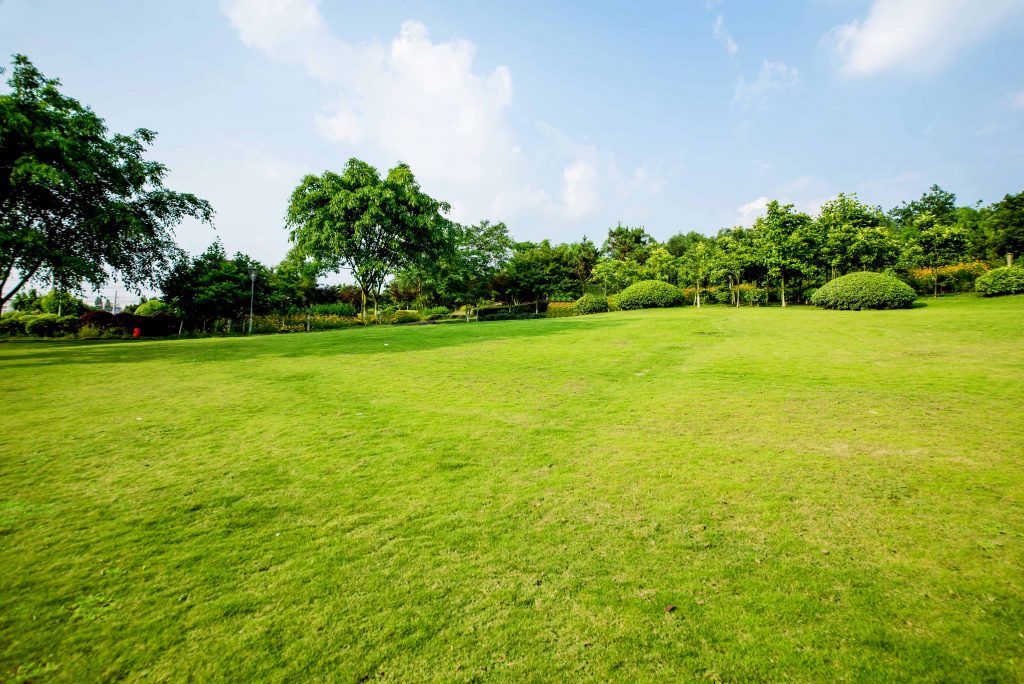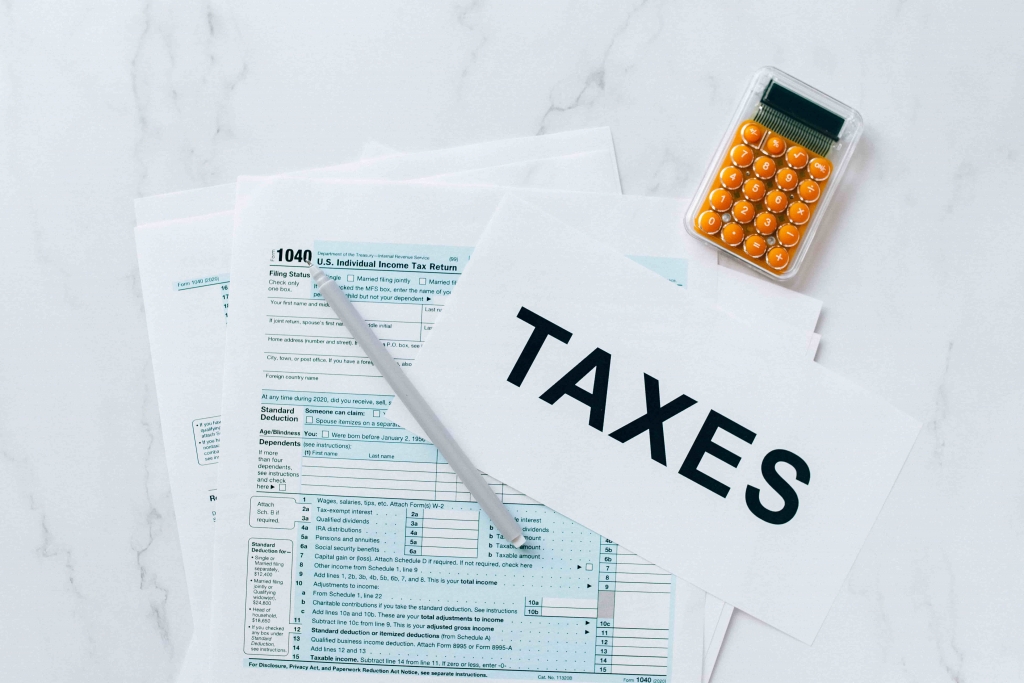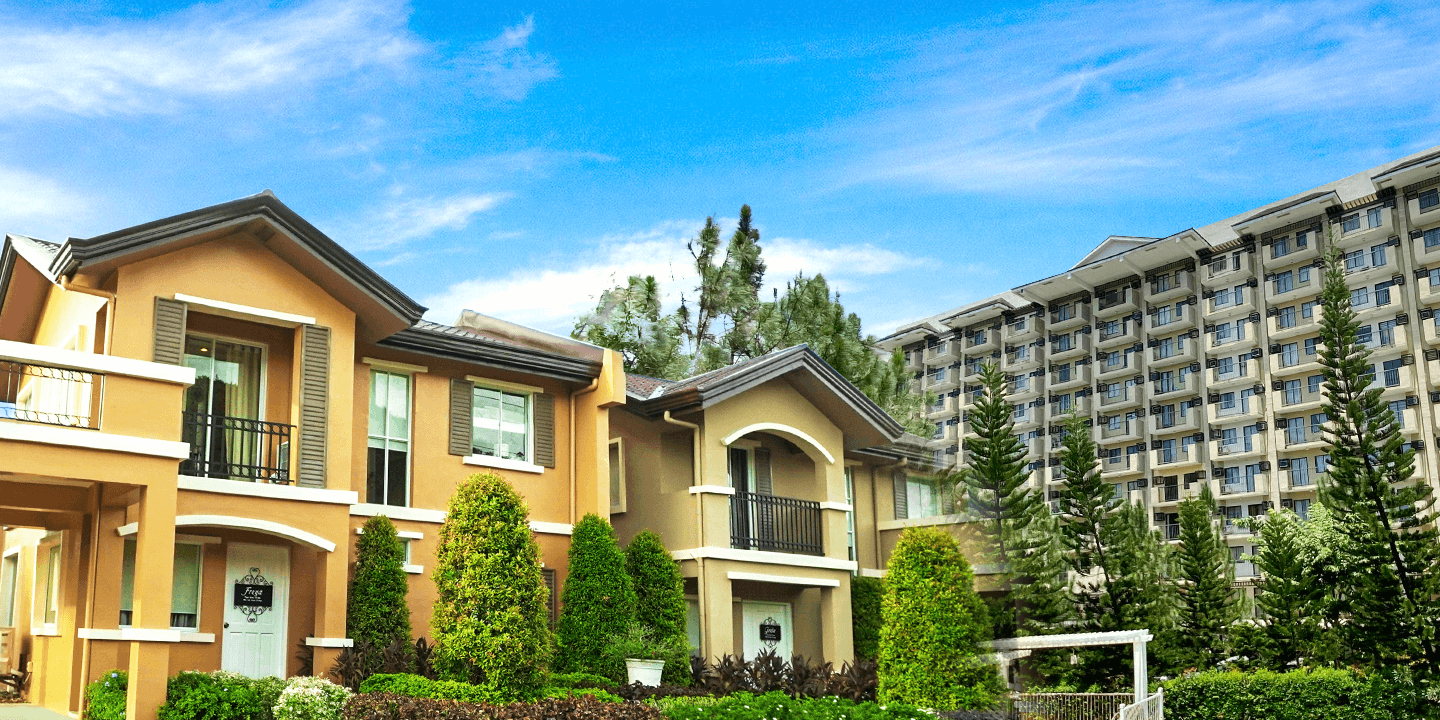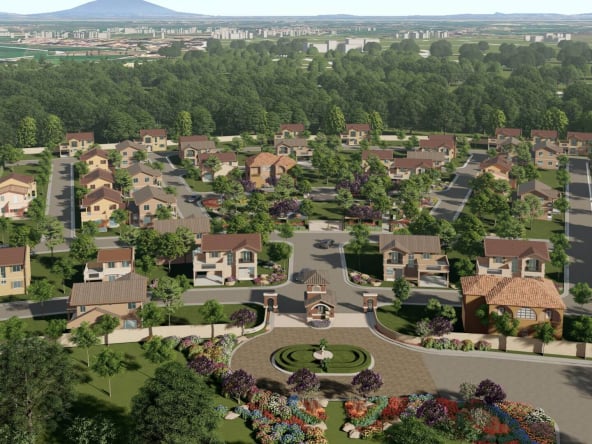Buying real estate property is a dream shared by many Filipinos, whether for retirement, family, or investment. While owning a house and lot or a condominium unit is a popular choice, acquiring land in the Philippines can offer a different kind of freedom and flexibility.
For those considering buying land in the Philippines, whether in Bulacan, Bataan, or elsewhere, there are several crucial factors and steps to be aware of to ensure a successful property acquisition.

To own a lot in the Philippines, understanding the process of land acquisition and the taxes involved is essential. This includes being aware of the capital gains tax and the documentary stamp tax, which are vital when transferring the title of real estate property.
A notarized and signed deed of absolute sale, the new tax declaration from the assessor’s office, and the payment of the transfer tax are necessary steps in legally acquiring land in the Philippines .
Additionally, Filipino citizens or those with Filipino citizenship have unique rights and limitations regarding land ownership in the country. A Filipino spouse can also acquire property on behalf of their partner, ensuring compliance with local laws.
When buying land in the Philippines, it is crucial to assess the fair market value of the property and consider potential capital gains over time. Understanding the process of property ownership, from obtaining a valid land title to fulfilling the tax obligations like property tax and capital gains tax, is key.
Consulting the Bureau of Internal Revenue (BIR) and local government units will also guide property owners through the requirements, such as filing the new tax declaration.
Whether purchasing a residential or commercial lot, to acquire land in the Philippines is a valuable investment. It offers the chance to build and develop according to personal needs or market demands.
By being well-informed about the legalities, taxes, and responsibilities of property ownership, you can successfully navigate the complexities of land properties and secure a solid asset for the future.
In this article, we will guide you through the detailed steps on how to own a lot in the Philippines. We will cover everything you need to know about land acquisition, including the types of taxes involved, such as capital gains tax, deed of absolute sale, and transfer tax, and the essential documents, like the notarized and signed deed of absolute sale and tax declaration.
Benefits of Land Ownership in the Philippines
Buying a lot for sale in the Philippines can be a more affordable option than purchasing land in the Philippines with a ready-for-occupancy house built on it.
For those dreaming of a dream home or planning to enter the real estate market, purchasing land is an excellent way to start a property investment on a lower budget.
After acquiring the land in the Philippines, you can decide to build your own house or develop a commercial space as needed.

Cost-Effective Entry into Real Estate Investment
Buying a lot for sale in the Philippines can be a more affordable option than purchasing land with a ready-for-occupancy house built on it.
For those dreaming of a dream home or planning to enter the real estate market, purchasing land is an excellent way to start a property investment on a lower budget.
After acquiring the land, you can decide to build your own house or develop a commercial space as needed.
Reselling the property in the Philippines shortly after purchase can be an effective way to earn a quick profit. You might also consider forming a land partnership.
By collaborating with real estate developers, you can enter joint ventures to maximize the potential of the land you own.
Value Appreciation Over Time
One of the most significant benefits of owning land in the Philippines is its value retention and appreciation.
Unlike other assets, land ownership rarely depreciates; instead, it typically increases in value over time. For example, a lot for sale in a desirable location such as Quezon City or near the South China Sea will likely see a rise in its fair market value due to factors like proximity to commercial hubs and ongoing development.
In just a few years, a lot in an area like Bulacan, close to Metro Manila, will not have the same purchase price due to the constant appreciation of real property in such strategic locations.
Low Maintenance Costs
Buying an empty lot is less burdensome in terms of maintenance compared to owning a house and lot. An undeveloped property does not require the upkeep associated with a built structure, and buying land in a gated community often means benefiting from the community’s maintenance services, which can handle basic upkeep and security. This feature significantly reduces stress and ongoing costs for the land buyer.
Flexibility for Various Uses
An empty lot provides numerous possibilities: some land buyers choose to build residential homes, while others develop commercial spaces for businesses or rental purposes.
Additionally, these lots can be used for agricultural purposes, such as raising livestock or planting crops. This versatility makes purchasing land particularly appealing, whether you plan to develop a dream home or establish a business.
Understanding the Legal and Administrative Requirements
To successfully purchase land in the Philippines, it’s essential to understand the legal and administrative requirements, such as obtaining a Transfer Certificate of Title from the previous owner. You will need a signed deed of sale that clearly outlines the land description and specifies the actual sale price or sales price.
A certificate authorizing registration from the Bureau of Internal Revenue (BIR) and submission to the municipality’s assessor’s office or city assessor’s office are also required to ensure the land is correctly registered.
You must confirm that the property has a new land title issued to the legal property owner and that the latest tax declaration reflects the correct ownership status. For Filipino citizens, a birth certificate and proof of Philippine citizenship are often necessary documents during the process of buying land.
Partnering with Real Estate Developers
Partnering with reputable real estate developers can also provide a smoother transaction, as they typically offer guidance on the necessary documentation and registration process. Understanding these requirements and benefits makes land ownership a wise choice for long-term investment in the Philippines.
What to Consider on a Lot for Sale Property
Before buying a lot for sale property, you should first consider these factors.
Location
Location is the most crucial factor when it comes to real estate. A property’s location mainly determines its price, and the higher the price, the more needs it will accommodate. For example, a lot for sale in Balanga might be higher than a lot for sale in Bataan, located in its rural areas. Furthermore, it is even higher in a busy city in a strategic location with many nearby establishments.
But the market value of your property could also appreciate even outside of big cities like Quezon City or Cebu City, for instance. With developers like Camella in suburban areas, your residential lots can give a guaranteed return on investment.
Reputation
The seller’s reputation should also be considered when buying a lot for sale. This will save you from fraudulent real estate brokers. A credible land developer will surely deliver what is promised and do unnecessary actions. The best example for these situations is Camella because they won’t last for 45 years without doing adequate service.
Budget

Budget for a Lot for Sale Property | Photo from Pexels
Of course, your budget should be considered when purchasing land for sale. Some of the fees you need to pay are reservation fees, monthly mortgage fees, and real property tax, among others.
Original Land Title
There are situations where several people claim the ownership of one land. Even when the ownership of land here in the Philippines extends back for generations. The best way to avoid getting into these situations is to have a certified true copy of the property title.
To obtain a certified true copy of the land title, ask for a photocopy of the identification and get the certified true copy from the Register of Deeds.
Special Power of Attorney
Once you acquire the document, look for the name of the property owner and only transact with them or anyone representing the land owner’s behalf. Suppose you have a transaction with someone other than the landowners themselves. In that case, you should ask for a Special Power of Attorney (SPA).
This is a legal document that authorizes another person to negotiate land ownership on the land owner’s behalf. When getting a SPA, verify if the signatures are authentic and correct.
Right of Way
You should also look for the land’s right of way payment if a street or road crosses their land. By definition, a right of way is a grant or legal right to pass a specific route to properties belonging to another person.
Tax Declaration

Tax Declaration of Property | Photo from Pexels
There will be penalties for unpaid taxes when it comes to land ownership. To buy land, make sure that everything is paid off. Receipts, documents, and official tax declarations can ensure you that a property has been paid off recently.
When purchasing a lot for sale in the Philippines, understanding the taxes involved is crucial to avoid unexpected costs and ensure a smooth transaction. Two key taxes to consider are the Capital Gains Tax (CGT) and the Documentary Stamp Tax (DST).
If you buy property in the Philippines, you can expect to pay several fees, including:
Capital Gains Tax
Capital Gains Tax (CGT) is a tax imposed on the profit gained from the sale of a capital asset, such as real estate property. In the Philippines, the CGT rate is generally set at 6% of the gross selling price or the fair market value of the property, whichever is higher.
This tax is usually the responsibility of the seller, but it’s critical for the buyer to be aware of it, as unpaid CGT can affect the transfer of ownership.
A property cannot be legally transferred to a new owner unless the CGT is fully paid. If the seller does not settle this tax, the land buyer may face delays in acquiring a new land title or other complications in finalizing the transaction.
Documentary Stamp Tax
Documentary Stamp Tax (DST) is a tax imposed on certain documents, instruments, loan agreements, and papers that evidence the acceptance, assignment, sale, or transfer of an obligation, right, or property.
For real estate transactions, the DST is generally set at 1.5% of the sales price or the fair market value, whichever is higher. This tax is typically paid by the buyer but is sometimes shared by both parties, depending on the agreement.
The DST needs to be paid to have the deed of sale notarized and the transaction officially documented.
It is a critical step in the transfer process, as it ensures that the signed deed of sale and other documents, such as the Transfer Certificate of Title, are valid and legally recognized by the Bureau of Internal Revenue (BIR) and the local government units, such as the city assessor’s office or the municipality’s assessor’s office.
Documents Needed After a Property Sale
If you already bought the empty lot for sale, you have to have the notarized deed of sale. This document proves that the land has been sold to you. After signing the deed of purchase, there are fees from the Bureau of Internal Revenue that you have to settle. These documents should be on your hands as well.

After Sales Documentary Requirement | Photo from Pexels
And, of course, the issuance of the new buy land title from the Registry of Deeds should be handed to you after settling all payments and documents. Once everything is final, you can get your land title to the City Assessor’s office. The process might be complicated, but there are brokers and other people who will help you ease the process of land ownership.
Another essential factor to check when buying land for sale is the land used. Yes, all land looks the same, but its purpose varies on its location. Some lands are perfect for residence but cannot produce income when made for commercial purposes. Before buying a lot, you should know what your goal is in the first place.
Conclusion
To buy land in the Philippines, it can be a rewarding investment, offering opportunities to build a dream home, develop a commercial building, or simply hold land as a valuable asset.
However, to ensure a smooth process and avoid costly mistakes, it is essential to understand all the costs involved, from reservation fee, down payment, and registration fee to transfer fee and taxes such as the documentary stamp tax.
One way to simplify this process is by partnering with a trusted real estate developer like Camella, a leading developer in the Philippines.
Camella offers a variety of lots in the Philippines, providing prospective buyers with the guidance and support needed to navigate the complexities of property acquisition.
With Camella’s expertise, buyers can confidently handle everything from understanding the selling price and the property’s zonal value to managing the necessary fees and taxes.
Before becoming a new land owner, prospective buyers must carefully consider the total cost of the transaction, including the selling price and additional fees required by local government units and the Bureau of Internal Revenue (BIR).
Ensuring that all necessary BIR forms, other documents, and certificates are correctly filed is crucial to successfully buy property in the Philippines and avoid legal or administrative issues.
Whether you’re a Filipino citizen, a foreigner married to a Filipino, or someone with dual citizenship, land owning in the Philippines offers numerous benefits, from enjoying the country’s tropical climate and stunning views of the Pacific Ocean to taking advantage of the growing real estate market.
With Camella’s well-established presence across the country, you have access to prime locations and expertly developed communities that meet your needs, whether you aim to build a home or develop a commercial building.
By choosing Camella, you not only secure a new title with ease but also gain the peace of mind that comes with working with a reputable developer.
With careful planning, attention to detail, and the right support, you can confidently navigate the process and enjoy the many advantages of property ownership in this beautiful country.

Celebrate Life’s Milestones in Camella!
House and Lot & Condominium for Sale in the Philippines


